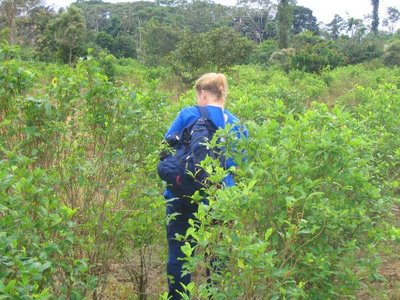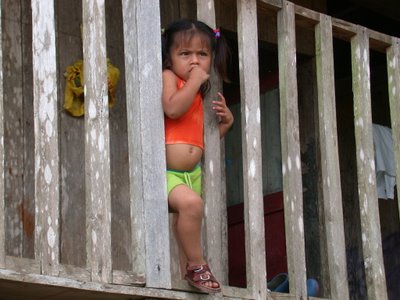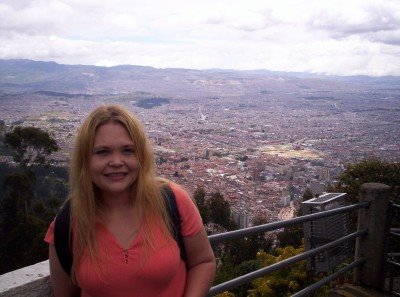Newsday, NY
By JOSHUA GOODMAN
Associated Press
08/16/06
BOGOTA, Colombia -- Despite environmental concerns, Colombian authorities have for the first time used U.S.-supplied planes to spray a pristine national park where leftist rebels have grown coca -- the raw ingredient for cocaine.
Anti-narcotics police said they chemically fumigated the Sierra Macarena national park last week, clearing its entire 11,370 acres of coca. The spraying destroyed coca capable of producing 17.5 tons of high-grade cocaine and was likely a major blow to the Revolutionary Armed Forces of Colombia, or FARC.
But environmentalists complain that the spraying of herbicides harms the environment and causes health problems for those living in the area. Local groups have promised a court battle to prevent spraying in 11 of Colombia's other 50 protected preserves known to have coca.
Still others say that spraying, a cornerstone of the war on drugs, is ineffective, even in record use, at stopping a sharp rebound in coca production.
President Alvaro Uribe announced the park would be fumigated by air after a 220-pound bomb planted by leftist rebels exploded on Aug. 2, killing six peasants hired by the government to uproot the coca by hand.
The "world will have to understand that we must fumigate," he said.
Uribe said he wants to double aerial spraying, and his top military advisers want to expand the practice to the 11 other parks known to have coca.
"It's the most efficient way to do our job," Gen. Jorge Baron, head of the anti-narcotic police, told The Associated Press.
In addition to those killed by the bomb, 26 workers, soldiers, and police guards have been killed at the Sierra Macarena park, 100 miles south of the capital of Bogota, since December. That's when the government launched a manual eradication drive there involving 3,000 troops -- its biggest ever. Some 200 other workers quit, fearing for their lives.
Washington has long urged Uribe to extend spraying to parks and provided the glyphosate herbicide, as well as Black Hawk helicopters used for protection, during the missions.
The U.S. said in a March indictment of FARC leaders that the rebel group is the world's largest drug cartel, responsible for more than half of the world's cocaine.
"If the FARC thought the government would allow coca to grow untrammeled in its national parks, they've obviously miscalculated," said James O'Gara, deputy director of supply reduction for the White House's Office of National Drug Control Policy.
But the chemical fumigation of a park in one of the world's most biodiverse countries drew sharp criticism from environmentalists and others.
"Those who think fumigating La Macarena, and perhaps other parks, will wipe out coca production are wrong," the normally pro-government newspaper El Tiempo said last week. "Instead, there will be more coca, and less park, as rebels destroy more forests, deeper inside the park, to continue planting."
Critics also say the anti-narcotic program known as Plan Colombia -- which has cost American taxpayers more than $4 billion since 2000 -- is falling well short of its goal of halving coca production in five years.
The coca in Colombia's protected nature reserves represents only 7 percent of last year's total crop of 355,000 acres -- an area 25 times the size of Manhattan. But the government's previous reluctance to spray in those areas means coca crops are growing at a faster-than-average rate -- more than 14 percent last year, according to a United Nations report.
------------------------------------------------

Loretta Nall Inspects Colombian Coca
Putumayo, Colombia
August 2004
click to enlarge
-------------------------------------------------
"A Passage To Bangkok" by Rush
Our first stop is in Bogota
To check Colombian fields
The natives smile and pass along
A sample of their yield
Sweet Jamaican pipe dreams
Golden Acapulco nights
Then Morocco, and the East
Fly by morning light
We're on the train to Bangkok
Aboard the Thailand Express
We'll hit the stops along the way
We only stop for the best
Wreathed in smoke in Lebanon
We burn the midnight oil
The fragrance of Afghanistan
Rewards a long day's toil
Pulling into Katmandu
Smoke rings fill the air
Perfumed by a Nepal night
The Express gets you there












